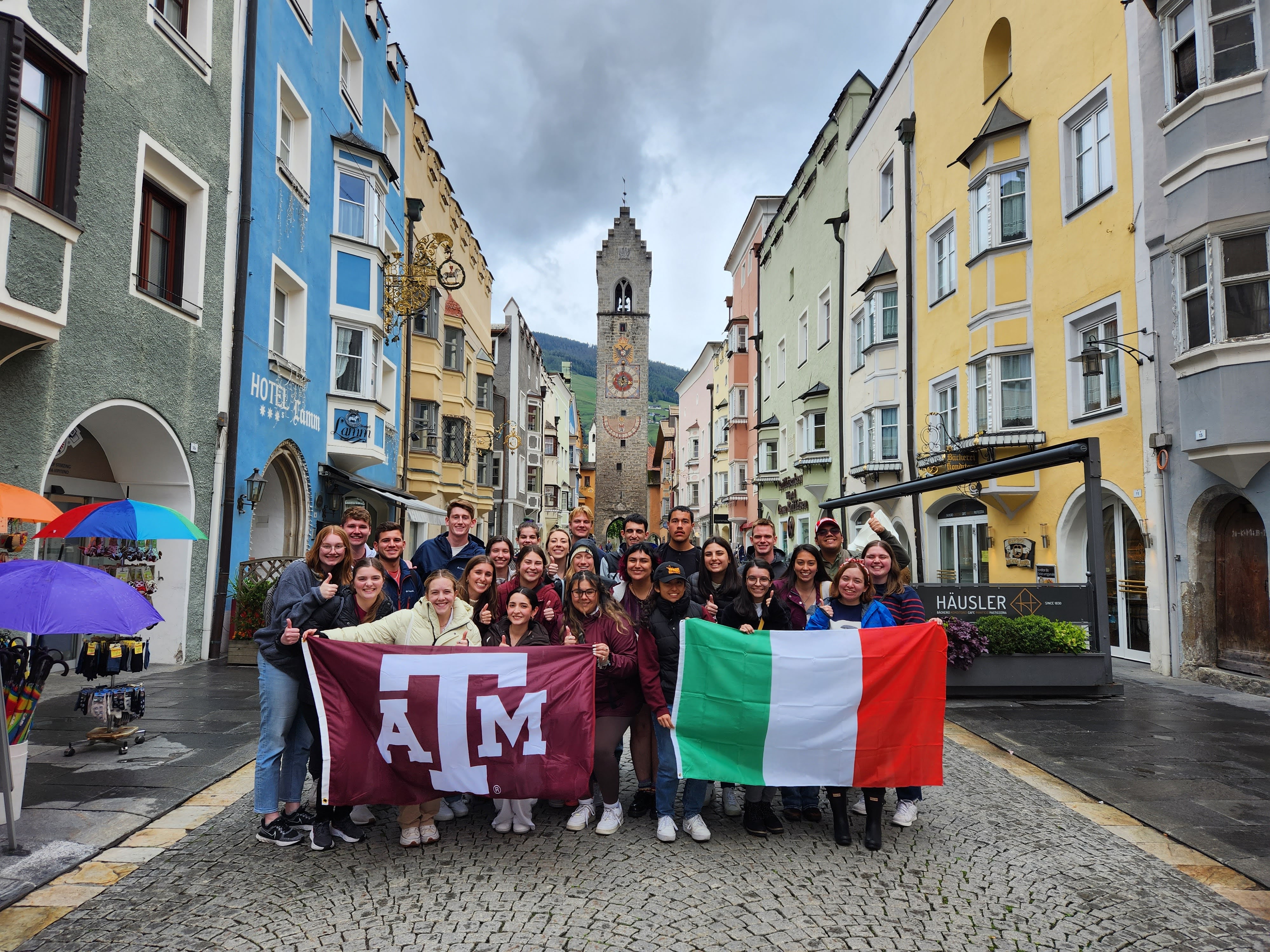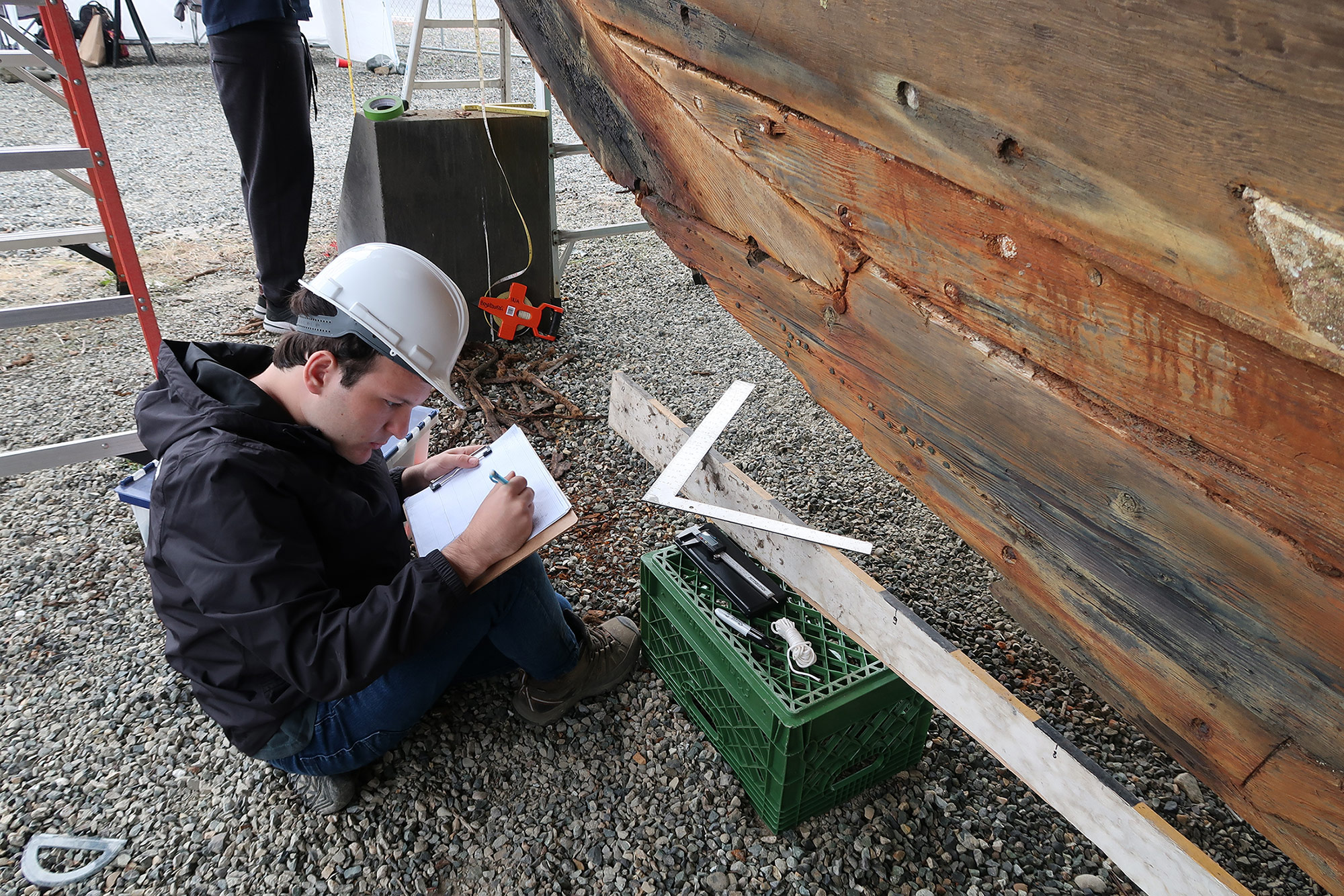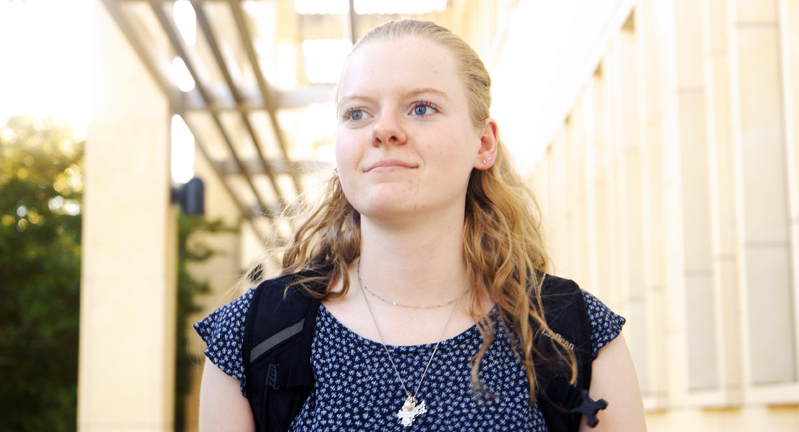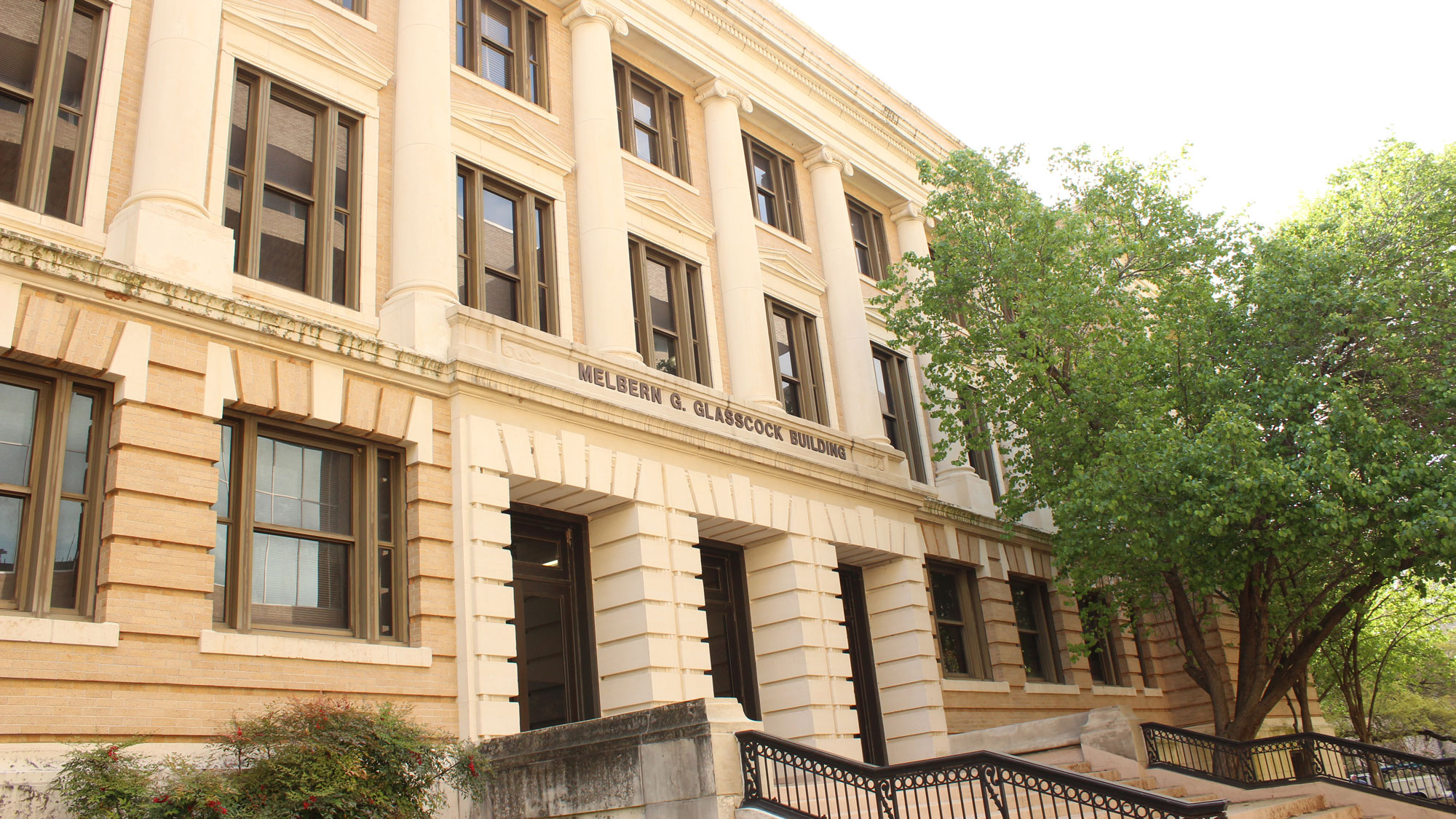How can I do research as an undergraduate?
Ask your professor! Faculty in the College of Arts and Sciences lead research laboratories and groups that regularly offer opportunities for undergraduates. These opportunities usually begin with entry-level tasks but may extend into the basis for an undergraduate thesis. Check with individual departments that have specific degree requirements for research participation and/or other requirements for activities that constitute research, such as capstone or independent research (291 or 491 hours). If you're interested in the humanities, the Glasscock Center for Humanities Research supports undergraduates during the summer. You could also seek opportunities at summer research centers funded by the National Science Foundation’s Research Experiences for Undergraduates.
What are the benefits of doing research?
Doing research during your undergraduate education is a transformative experience. Research is an excellent way to witness how the fundamental concepts you’re learning in class help to generate new discoveries. The experience of research will illustrate how your discipline generates knowledge, insights, discoveries, and applications. You’ll often work with a team, which will teach the importance of verbal and written communication and other “soft” skills in addition to advancing knowledge in the humanities, social sciences, or sciences. The skills you learn during research can be leveraged to strengthen your resume and LinkedIn profile and improve an application to graduate or professional school. In most cases, you will be enrolled 291 or 491 hours for variable credit. Many departments count 291 and 491 to your degree requirements.
How does the College of Arts and Sciences support undergraduate research?
We have a small grant program for faculty to support undergraduate students engaged in research activities. Talk to your professor!
How does the University support undergraduate research?
LAUNCH: Undergraduate Research supports undergraduate research ambassadors, a thesis program for undergraduates, the Explorations journal showcasing undergraduate research, and an annual symposium for undergraduate research scholars.







